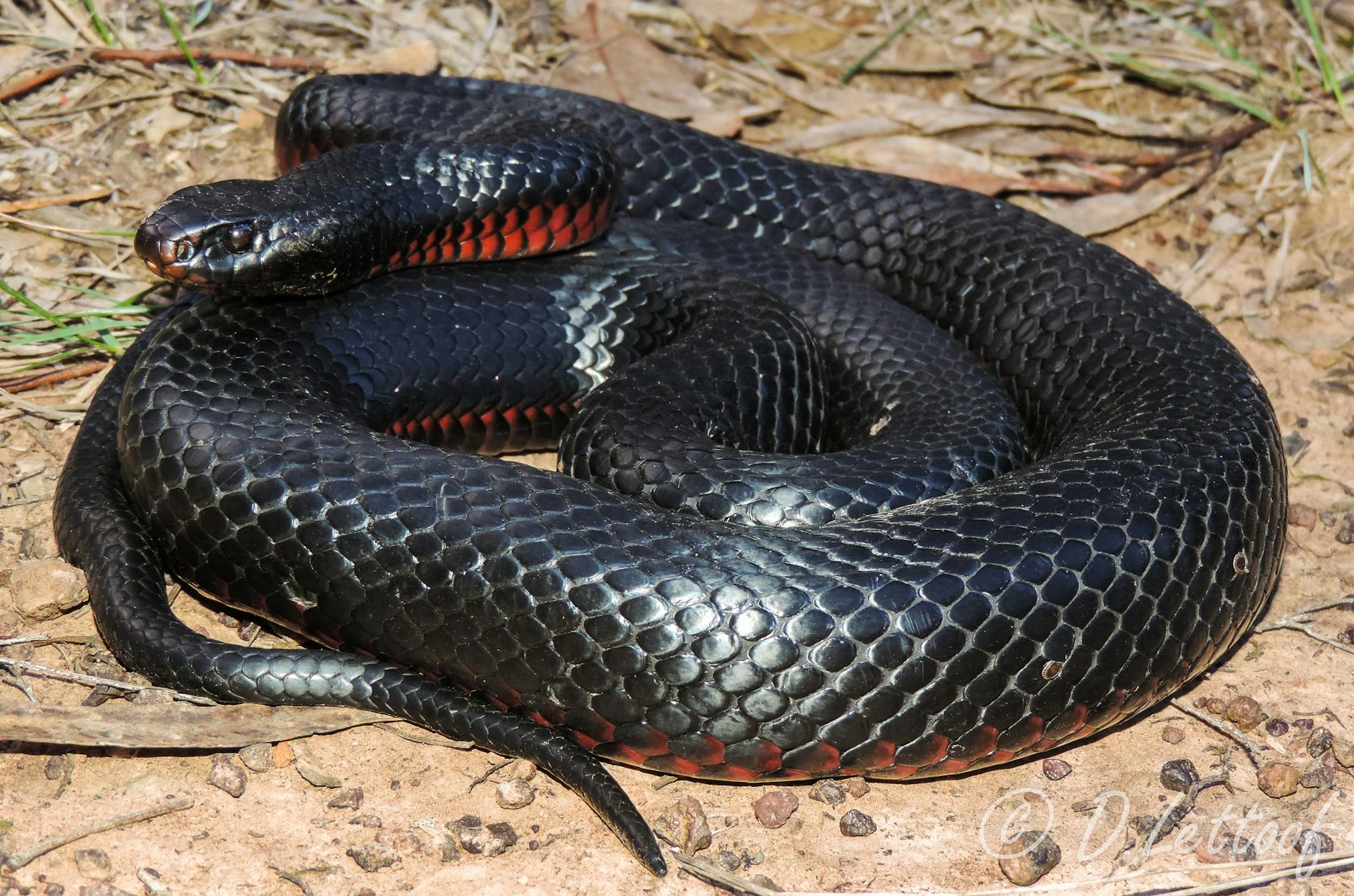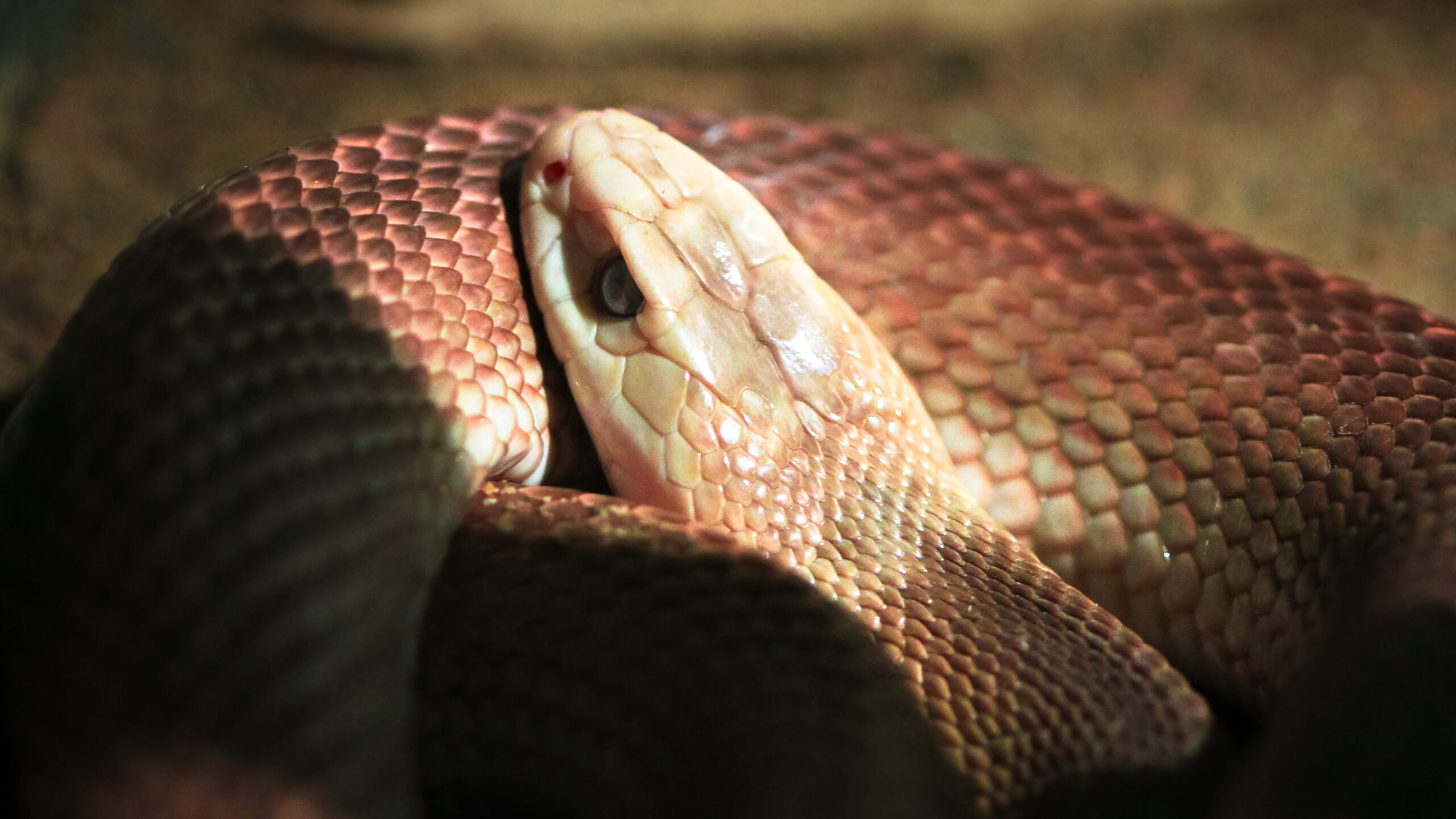Introduction
When it pertains to venomous serpents, Australia is home to a few of the most fascinating and unsafe types on the planet. Among these, the Tiger Snake stands apart not just for its powerful poison however additionally for its fascinating actions. Understanding the actions of poisonous snakes like the Tiger Serpent is vital for both wild animals lovers and those living in areas where these serpents are present. This write-up delves into http://codylcvc786.raidersfanteamshop.com/eastern-brown-snakes-vs-tiger-snakes-comprehending-their-differences-and-threats different aspects of Tiger Serpent http://archerkipo330.wpsuo.com/data-on-serpent-bites-in-australia-insights-and-avoidance-strategies actions, habitat, recognition, precaution, and first aid practices in situation of a serpent bite.
Understanding the Behavior of Venomous Snakes Like the Tiger Snake
The Tiger Snake, medically referred to as Notechis scutatus, is infamous for its aggressive nature when endangered. These serpents display a series of actions that can be quite different baby dugite from their non-venomous counterparts.

Characteristics of Tiger Snakes
The Tiger Snake is quickly identifiable due to its distinct bands or stripes that resemble a tiger's markings. They can differ in color from yellowish-brown to dark olive or black. This coloration offers not just as camouflage yet likewise as a caution signal to prospective predators.
Adaptability to Environment
One exceptional element of their behavior is their adaptability to various settings. Located primarily in coastal areas, marshes, and wetlands across Australia and Tasmania, they can flourish in varied habitats including metropolitan areas.
Hunting Techniques
Tiger Serpents are ambush killers mostly eating fish, frogs, and little mammals. They possess keen vision and an intense sense of smell which helps them in locating prey effectively.
Venom Composition
Their poison contains neurotoxins that affect the nerve system, leading to paralysis or fatality in smaller sized animals. For humans, instant medical focus is important after a tiger serpent bite due to its possibly lethal effects.
Natural Environment of Tiger Snakes
Preferred Locations
Understanding where these snakes stay sheds light on their behavioral patterns. The tiger serpent habitat includes:
- Coastal regions Swamps Grasslands Urban locations with plentiful water sources
Seasonal Movements
During warmer months, Tiger Snakes are more energetic as they indulge in sunshine or quest for food. On the other hand, cooler months see them pulling away into hibernation sites.

Are Tiger Snakes Venomous?
Yes! The question "are tiger serpents poisonous?" frequently develops amongst those unfamiliar with this types. Their poison is thought about one of the most dangerous amongst all snake varieties worldwide.

Symptoms of a Tiger Serpent Bite
If bitten by a tiger snake, signs might include:
- Localized pain Swelling at the bite site Nausea and vomiting Sweating and confusion
Immediate clinical assistance is crucial as unattended bites can bring about extreme health complications or perhaps death.
First Help for Snake Bites: Quick Response Guide
Knowing just how to provide emergency treatment for a snake bite might save a person's life. Here's what you ought to do:
Step 1: Stay Calm
Keeping calmness helps slow down heart rate which minimizes poison spread.
Step 2: Paralyze the Affected Area
Keep the affected limb still and listed below heart degree if possible.
Step 3: Call Emergency Situation Services
Always seek specialist clinical assistance instantly after a snake bite.
First Aid for Snake Bite Kit Essentials
A well-equipped snake bite first aid kit must include:
- A compression bandage Antiseptic wipes A set of scissors An ice bag
Safety Precautions: Preventing Snake Bites in Australia
Awareness Programs
Educating areas regarding neighborhood snake varieties and their actions can dramatically minimize experiences causing bites.
Avoiding Hazardous Areas
Staying far from long lawn during warmer months lessens contact with serpents that may be relaxing or hunting.
Common False impressions About Tiger Snakes
Many individuals believe misconceptions about the actions of tiger snakes bring about unneeded concern. Below are some explanations:
Myth 1: All Tigers Are Aggressive
Not all tiger snakes will present aggression if left undisturbed; many prefer running away rather than confrontation.
Myth 2: They Chase Humans
Tiger snakes do not proactively chase humans; they may strike when they feel intimidated but will generally pull back if offered space.
Conservation Initiatives Related to Venomous Snakes
Conservation efforts concentrate on educating neighborhoods regarding safeguarding neighborhood wildlife while minimizing human-snake interactions.
Importance of Ecosystems
Understanding that venomous snakes play a vital duty in preserving ecological balance aids foster admiration instead of worry towards them.
FAQs Concerning Tiger Snakes
What needs to I do if I run into a tiger snake?- Maintain range and gradually pull back without unexpected movements.
- While bites aren't exceptionally common due to recognition efforts, they still occur yearly within Australia.
- Baby tiger serpents can provide complete doses of poison despite being smaller; thus caution is suggested around them.
- They primarily take in frogs, fish, tiny animals like rodents, and other reptiles.
- It's unlawful in a lot of territories without proper licensing due to security issues regarding their venom.
- Wear strong boots and remain on marked routes; appearance prior to putting hands or feet into hidden spaces like rocks or logs.
Conclusion
Understanding the actions of poisonous snakes like the Tiger Serpent not only boosts our understanding but also advertises safety recognition amongst those living near their environments. From identifying their characteristics, recognizing emergency treatment protocols complying with a bite, with involving preservation efforts-- every facet plays an important function in fostering conjunction with these remarkable reptiles while appreciating their area within our ecosystem.
As we strengthen our understanding via education and experience, we add positively toward making sure both human safety and security and wildlife preservation-- benefitting all celebrations involved!